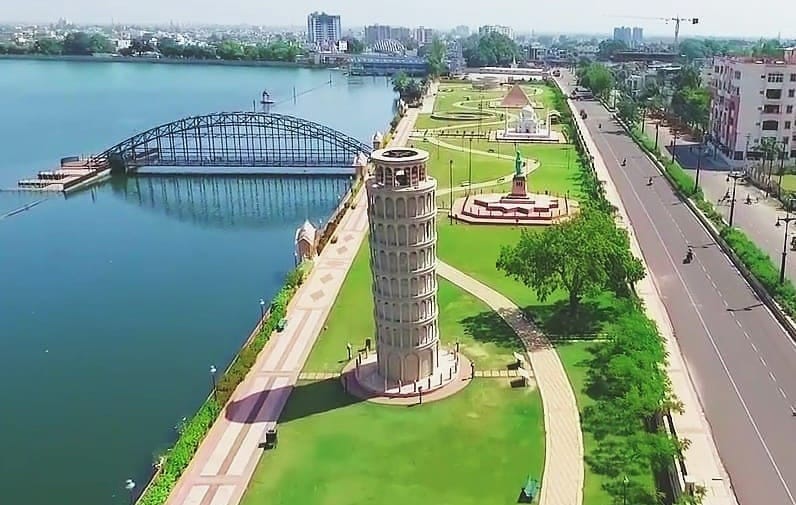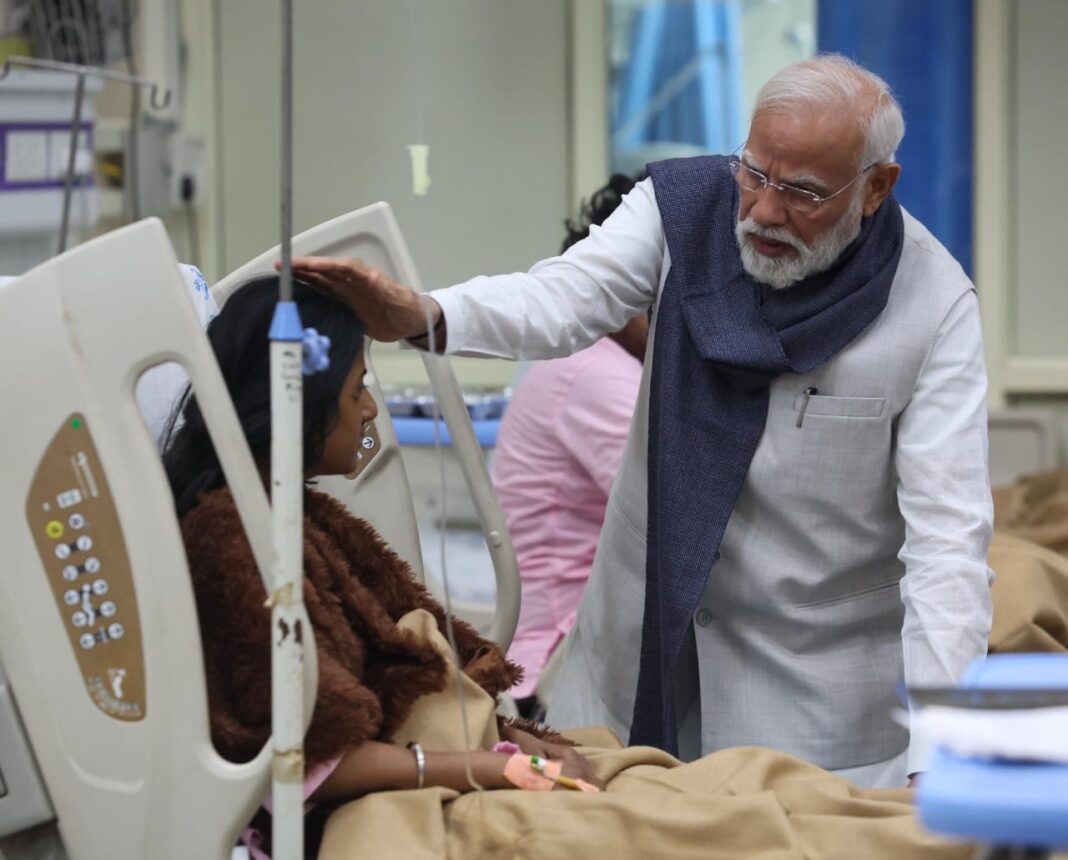Rajasthan’s coaching capital revolutionizes urban mobility with flyovers, underpasses, and ring roads ensuring seamless flow
Published on: November 12, 2025
By: BTNI
Location: Kota, India
In a groundbreaking achievement for Indian urban planning, Kota in Rajasthan has emerged as the country’s first city to operate entirely without traffic lights, eliminating the familiar red, green, and yellow signals that define most Indian roads. Known as the coaching hub attracting lakhs of students annually, Kota now boasts nonstop vehicle movement, proving that smart infrastructure can conquer congestion without relying on traditional signals.
The transformation, spearheaded by the Urban Improvement Trust (UIT) Kota in collaboration with the Rajasthan government, involved a massive overhaul of the city’s road network. Over two dozen flyovers and underpasses were constructed at key intersections, while interconnected ring roads and widened diversion paths allow vehicles to bypass crowded zones effortlessly. This strategic redesign ensures continuous traffic flow, drastically reducing wait times, fuel wastage, and emissions from idling vehicles.
Residents and students alike are hailing the change as a game-changer. “No more honking in frustration or rushing to beat the red light—commutes to coaching classes are now predictable and stress-free,” shared a local student preparing for competitive exams. Commuters report travel times slashed by up to 30-40% on major routes, with noise pollution dropping significantly as impatience-fueled honking becomes a thing of the past.
Also read- https://www.btnewsindia.com/breaking-supreme-court-issues-notice-to-election-commission-on-challenges-to-special-intensive-revision-of-voter-lists-in-tamil-nadu-and-west-bengal/ https://www.btnewsindia.com/breaking-chhattisgarh-bags-massive-₹33000-crore-investment-proposals-at-ahmedabad-investor-connect-meet/
Environmentally, the impact is profound: lesser idling means reduced carbon emissions and better air quality in a city that sees heavy vehicular movement due to its student population. Safety has also improved, with well-marked lanes, roundabouts, and yield-based intersections promoting disciplined driving.
UIT officials revealed that the project drew from global models but was tailored to Kota’s unique needs—catering to peak-hour rushes from coaching institutes and residential areas. Public awareness campaigns emphasized lane discipline and responsible yielding, ensuring smooth adoption.
Kota’s success has sparked interest nationwide, with nearby cities studying the model for replication. As India grapples with urban traffic woes, this coaching capital sets a shining example: innovation in infrastructure can deliver punctuality, sustainability, and sanity on the roads. No stops, no signals—just smooth sailing ahead!




